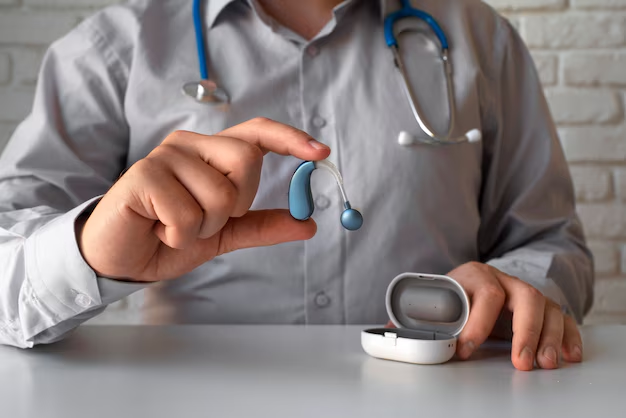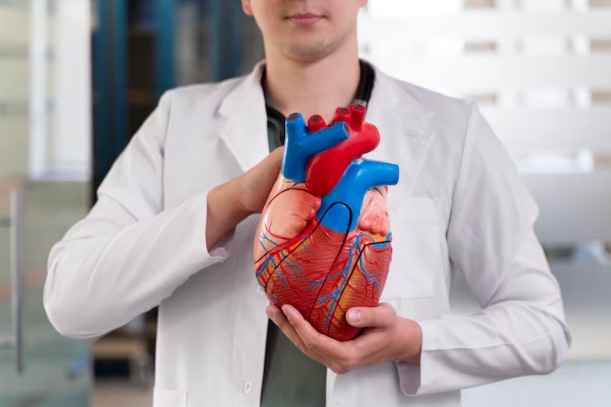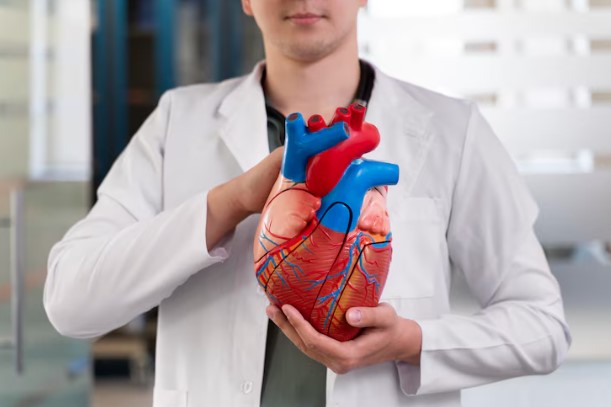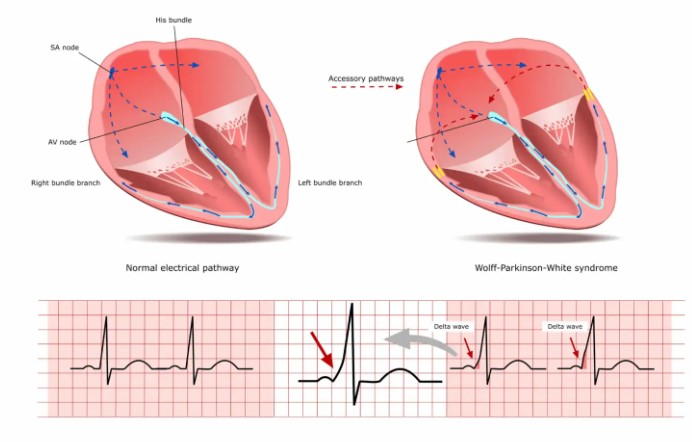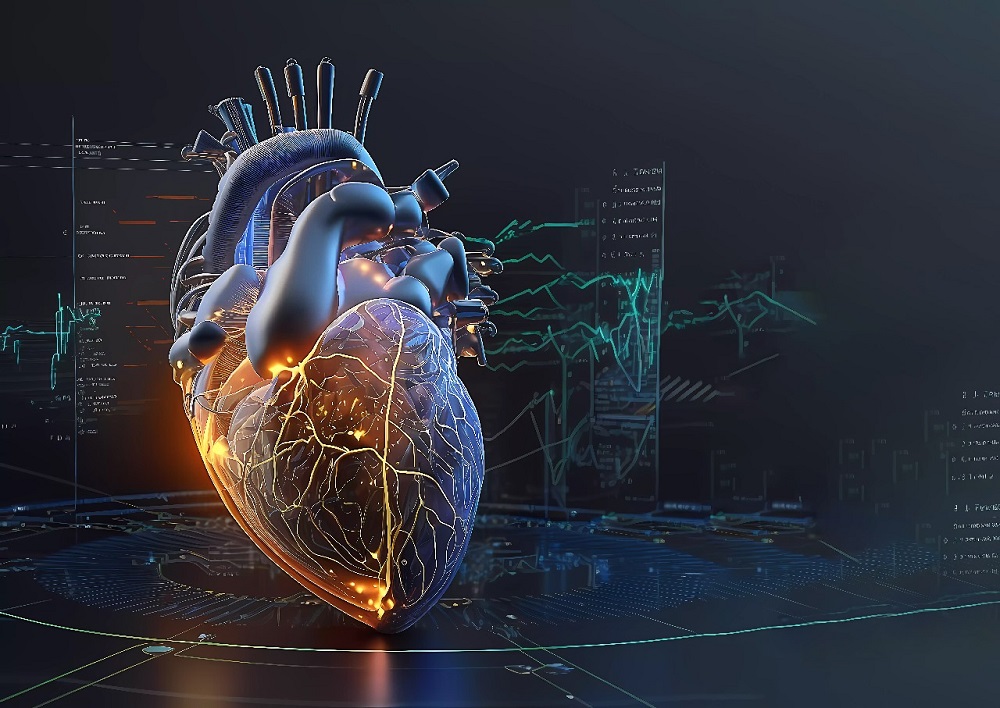The Best Heart Rhythm Expert in the UAE: A Guide to Maintaining a Healthy Heart Rhythm
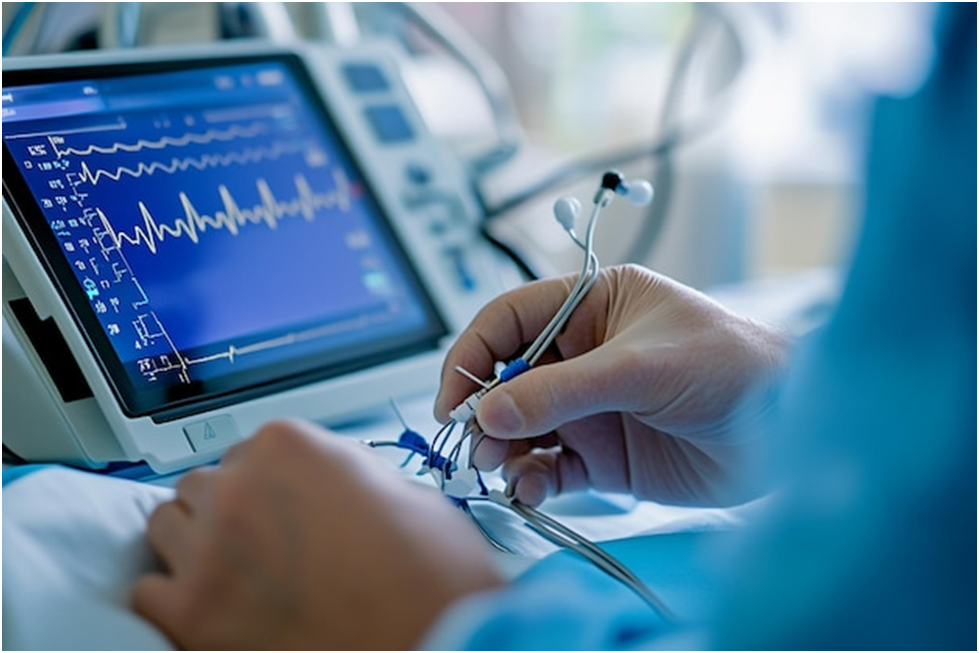
Strong 8k brings an ultra-HD IPTV experience to your living room and your pocket.
Maintaining a healthy heart rhythm is essential for overall cardiovascular health and well-being. The heart’s rhythm, or heartbeat, is controlled by electrical signals that help the heart pump blood effectively throughout the body. When this rhythm is disrupted, it can lead to various conditions collectively known as arrhythmias, which can range from minor issues to severe, life-threatening concerns. There is growing awareness of heart rhythm disorders, and finding the best heart rhythm expert in UAE is crucial for those seeking expert care. This article delves into the importance of maintaining a stable heart rhythm and highlights TheHeart.ae, one of the leading providers of heart rhythm expertise in the UAE.
Understanding Heart Rhythm and Its Importance
The heart has a natural rhythm that allows it to function properly, efficiently delivering oxygenated blood to organs and tissues. This rhythm is regulated by the sinoatrial (SA) node, often referred to as the heart’s natural pacemaker, which produces electrical impulses that travel through the heart, causing it to contract and relax in a regular pattern. A normal heart rate typically ranges from 60 to 100 beats per minute in adults, though this can vary based on factors like age, fitness level, and individual health conditions.
When the heart’s electrical signals are disrupted, it can lead to arrhythmias—irregular heartbeats that may be too fast, too slow, or erratic. Common types of arrhythmias include atrial fibrillation (AFib), ventricular tachycardia, and bradycardia. While some arrhythmias are harmless, others require immediate medical intervention, as they can increase the risk of stroke, heart failure, and other complications.
Tips for Maintaining a Healthy Heart Rhythm
Preventive measures can go a long way in supporting heart rhythm health. Below are some practical lifestyle habits and medical guidelines for maintaining a healthy heart rhythm:
1. Stay Physically Active: Regular physical activity strengthens the heart muscle, helping it to maintain a steady rhythm. Moderate exercises like walking, jogging, or swimming are excellent for cardiovascular health. However, those with existing heart conditions should consult their healthcare provider to determine a safe level of activity.
2. Eat a Heart-Healthy Diet: A diet rich in fruits, vegetables, whole grains, and lean proteins helps reduce the risk of heart disease, which is often linked to arrhythmias. Omega-3 fatty acids, found in fish, nuts, and seeds, are known to promote heart health and may help reduce the likelihood of developing arrhythmias.
3. Limit Alcohol and Caffeine Intake: High consumption of alcohol and caffeine can trigger arrhythmias in some individuals. Moderating intake can reduce the risk of heart rhythm issues, particularly for those prone to conditions like AFib.
4. Manage Stress Levels: Chronic stress increases the risk of high blood pressure and heart disease, both of which can contribute to heart rhythm disorders. Stress management techniques such as mindfulness, yoga, and deep breathing exercises can promote overall heart health.
5. Regular Monitoring and Check-ups: For those at risk of arrhythmias or with a family history of heart disease, regular check-ups and heart monitoring are essential. Early detection can make a significant difference in managing heart rhythm issues effectively.
6. Avoid Smoking: Smoking is a major risk factor for cardiovascular disease, and it also increases the risk of arrhythmias. Quitting smoking can have a tremendous impact on heart health and significantly improve heart rhythm stability.
7. Medications and Treatment: For those diagnosed with arrhythmias, following prescribed medication schedules and considering treatments like catheter ablation or implantable devices (e.g., pacemakers or defibrillators) can help maintain a normal heart rhythm.
Advanced Treatment Options for Heart Rhythm Disorders
In cases where lifestyle changes are not enough to control heart rhythm issues, medical intervention becomes necessary. Several treatments are available for arrhythmias, depending on the severity and type of the condition:
• Medications: Antiarrhythmic drugs are often prescribed to control heart rate or restore a normal rhythm.
• Ablation Therapy: A minimally invasive procedure where small areas of heart tissue causing irregular beats are destroyed, allowing the heart to maintain a regular rhythm.
• Implantable Devices: Pacemakers and implantable cardioverter-defibrillators (ICDs) can help regulate heart rhythm for those with severe arrhythmias.
• Surgical Options: For some complex cases, surgery may be necessary to correct underlying heart conditions causing arrhythmias.
TheHeart.ae: The Best Heart Rhythm Expert in the UAE
When it comes to finding top-quality care for heart rhythm issues in the UAE, TheHeart.ae stands out as a premier provider of electrophysiology and heart rhythm management. TheHeart.ae is renowned for offering specialised services to patients with arrhythmias, ensuring comprehensive diagnosis, personalised treatment plans, and access to advanced medical technologies. Led by highly qualified electrophysiologists, TheHeart.ae employs state-of-the-art techniques to accurately diagnose and treat various arrhythmias, from common conditions like atrial fibrillation to more complex rhythm disorders.
Patients at TheHeart.ae benefit from a team of heart rhythm experts who are committed to providing the highest level of care. They offer a range of services, including ECG analysis, Holter monitoring, and advanced procedures like catheter ablation and implantable device management. For individuals seeking the best heart rhythm care in the UAE, TheHeart.ae delivers exceptional expertise and compassionate support, helping patients achieve and maintain optimal heart health.
Why Choose a Heart Rhythm Specialist?
Arrhythmias can be complex, and effective treatment often requires a highly specialised skill set. Heart rhythm specialists, or electrophysiologists, have in-depth training in diagnosing and treating electrical issues within the heart. They understand the nuances of arrhythmias and possess the expertise to use cutting-edge technology and treatment methods. By working with a heart rhythm specialist, patients can receive the most accurate diagnosis, effective treatments, and personalised guidance on managing their heart health.
Conclusion
Maintaining a stable heart rhythm is critical for overall health, and there are many lifestyle and medical approaches to help achieve this. In the UAE, access to expert care is vital for individuals with heart rhythm issues, and TheHeart.ae is at the forefront of providing world-class electrophysiology services. With a focus on patient-centric care and state-of-the-art treatments, TheHeart.ae is the ideal choice for those seeking the best heart rhythm expert in UAE in the region.
By combining lifestyle changes with expert medical care, individuals can reduce their risk of arrhythmias and improve their quality of life. Whether you’re looking to prevent heart rhythm issues or seek advanced treatment, the UAE offers some of the best resources available to help maintain a healthy heart rhythm, with TheHeart.ae leading the way in specialised heart rhythm care.
Note: IndiBlogHub features both user-submitted and editorial content. We do not verify third-party contributions. Read our Disclaimer and Privacy Policyfor details.



